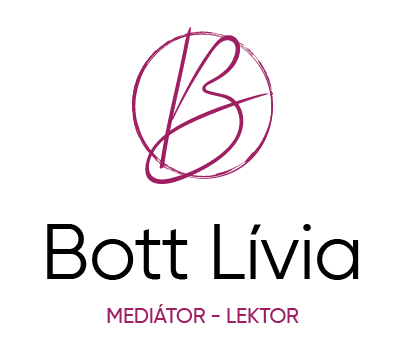What is Mediation?
Mediation is another of the methods of alternative dispute resolution (ADR) available to parties. Mediation is essentially a negotiation facilitated by a neutral third party. Unlike arbitration, which is a process of ADR somewhat similar to trial, mediation doesn’t involve decision making by the neutral third party. ADR procedures can be initiated by the parties or may be compelled by legislation, the courts, or contractual terms.
Is Mediation Right for You?
When parties are unwilling or unable to resolve a dispute, one good option is to turn to mediation. Mediation is generally a short-term, structured, task-oriented, and „hands-on“ process.
In mediation, the disputing parties work with a neutral third party, the mediator, to resolve their disputes. The mediator facilitates the resolution of the parties‘ disputes by supervising the exchange of information and the bargaining process. The mediator helps the parties find common ground and deal with unrealistic expectations. He or she may also offer creative solutions and assist in drafting a final settlement. The role of the mediator is to interpret concerns, relay information between the parties, frame issues, and define the problems.
When to Mediate
Mediation is usually a voluntary process, although sometimes statutes, rules, or court orders may require participation in mediation. Mediation is common in small claims courts, housing courts, family courts, and some criminal court programs and neighborhood justice centers.
After a Mediation
If a resolution is reached, mediation agreements may be oral or written, and content varies with the type of mediation. Whether a mediation agreement is binding depends on the law in the individual jurisdictions, but most mediation agreements are considered enforceable contracts. In some court-ordered mediations, the agreement becomes a court judgment. If an agreement is not reached, however, the parties may decide to pursue their claims in other forums.
The mediation process is generally considered more prompt, inexpensive, and procedurally simple than formal litigation. It allows the parties to focus on the underlying circumstances that contributed to the dispute, rather than on narrow legal issues. The mediation process does not focus on truth or fault. Questions of which party is right or wrong are generally less important than the issue of how the problem can be resolved. Disputing parties who are seeking vindication of their rights or a determination of fault will not likely be satisfied with the mediation process.
About Me
As a registered mediator ✍️⚖️I am offering mediation (conflict resolution without trial) in the field of family,business and civic issues.
From 2015 I am a manager of NGO called FutuReg where I provide school mediation.I deal also with mentoring☝️🌍📉of academic students in thesis as a university lecturer and I recently became an accredited coach,so I can help you to guide on the way of your career,professional and business choice. As a professional project consultant after 15 years od EU grant management history I often provide EU grant consulting.
My subjects at Universities are: Grant management,Regional Economic Policy,Sociology,Marketing and Methodology.My motto is „Solution is better as revolution!“🌳🌳🌟🌟

